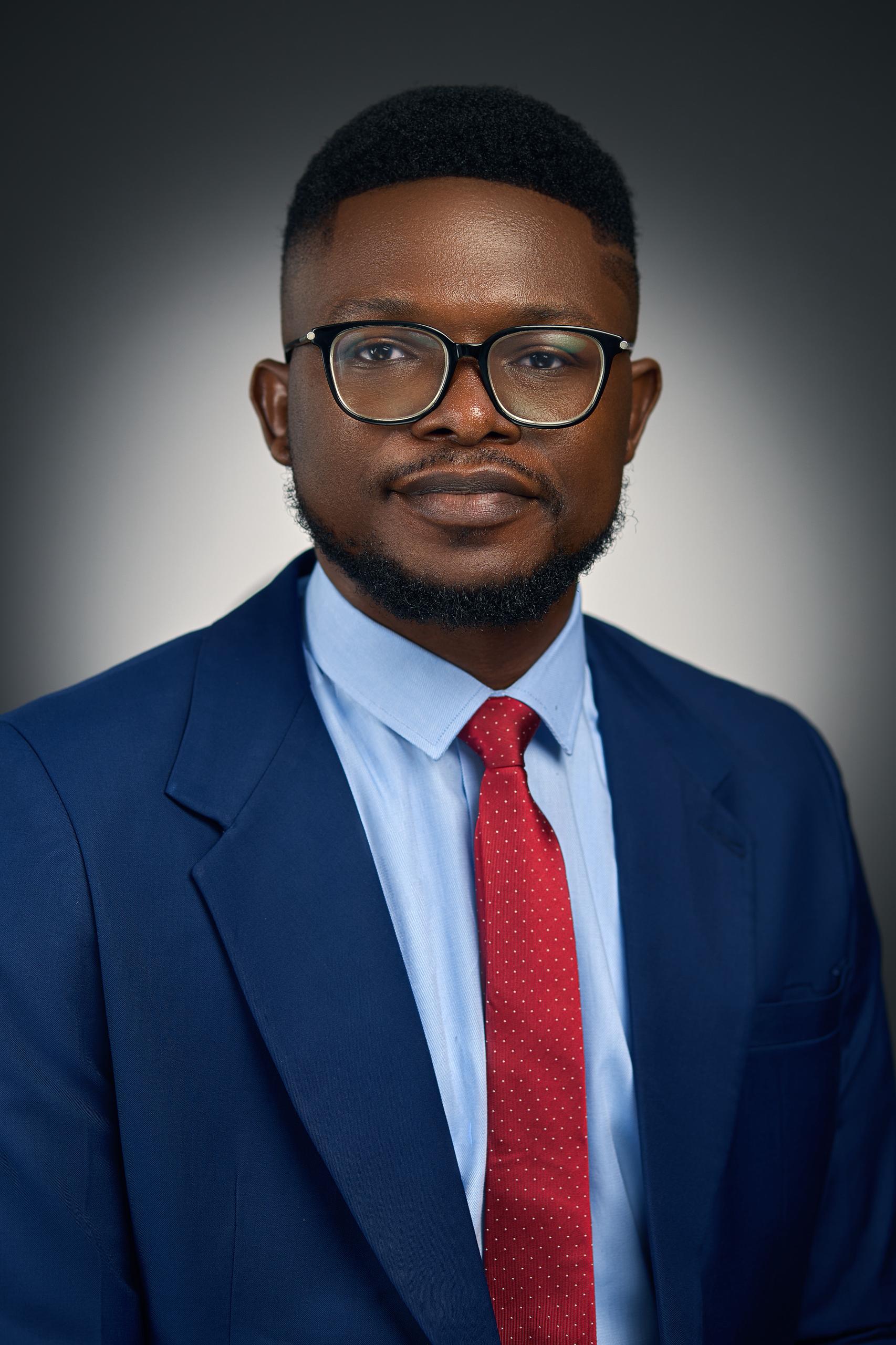News
Just In: INEC’s Exclusion Of Labour Party Candidates Sparks Outcry Over Threat To Nigeria’s Democracy

With just weeks to Nigeria’s crucial August 16 bye-elections, the Independent National Electoral Commission (INEC) has come under intense scrutiny following its controversial decision to exclude Labour Party (LP) candidates from the ballot—an action many analysts have described as an alarming threat to democratic fairness.
Among those affected is Adewale Michael Adesanya, the Labour Party candidate for the Remo Federal Constituency, who was duly nominated on July 19, 2025, but whose name was omitted from the final list of cleared contestants. The commission cited unresolved internal disputes within the party as grounds for the disqualification, a justification the party’s leadership and several civil society actors have fiercely rejected.
“This is not just about me—it’s about the people whose voices risk being silenced,” said Adesanya. “Our campaign has always been rooted in community, youth inclusion, and policy-driven transformation. We will seek legal redress and ensure this injustice is addressed.”

The Julius Abure-led faction of the Labour Party condemned INEC’s decision as “arbitrary, unlawful, and unconstitutional,” insisting that the commission overstepped its boundaries. “INEC has no legal authority to prevent our party from fielding candidates in any election once we meet all requirements under the Electoral Act,” the party said in a statement on Saturday.
Legal and political analysts say the situation sets a dangerous precedent, where administrative agencies take on judicial roles in resolving intra-party issues, effectively determining the fate of candidates without court rulings or due process. This development, they argue, could undermine the very tenets of electoral fairness and multi-party competition.
“This is a slippery slope toward what political scientists call competitive authoritarianism,” said Dr. Uduak Ekwueme, a political governance researcher at the University of Abuja. “You hold elections, yes—but opposition parties aren’t given a fair chance. That’s not democracy. That’s managed plurality.”
Recommended News:
- Neglect Of Adatan–Car Wash Road: Ogun State Government’s Silence Is Loud – AAC Chairman Afolabi Adeshina Sounds Alarm
- Show Leadership By Action, Not Appeals, On Social Welfare — Falana Tells Tinubu
- 5 Key Reasons Adewale Adesanya Is Emerging As A Top Contender For Remo Federal Constituency Bye-Election
The broader concern, stakeholders say, lies in the timing and scope of the disqualifications. While INEC has acknowledged factional crises in the Labour Party, critics argue that internal disputes should be settled through the judiciary, not unilaterally by the electoral umpire. Observers warn that this could fuel political disenchantment and voter apathy, especially among Nigeria’s burgeoning youth population, many of whom supported LP candidates in recent general elections.


In addition, rights groups on X formerly known as Twitter say; this move reflects deeper institutional failings in Nigeria’s electoral architecture. “When an electoral commission becomes both a referee and an enforcer, we risk eroding public trust,” said a spokesperson for the Civil Society Situation Room, a coalition monitoring electoral integrity in Nigeria. “INEC must remain neutral and allow the courts to adjudicate political disputes.”
Calls for electoral reform have since intensified. Several civil society organisations are now pushing for the establishment of an independent electoral dispute resolution tribunal, separate from INEC, to ensure that future disagreements between political factions do not interfere with election timelines or candidate eligibility.
The international community is also watching closely. Nigeria, widely seen as Africa’s largest democracy, faces increasing scrutiny over electoral conduct following contested outcomes in recent cycles. Any perception of political bias by the country’s electoral body, analysts warn, could impact foreign partnerships, aid, and democratic standing.
Meanwhile, Adewale Adesanya remains defiant. “This movement is bigger than any single election,” he said. “It’s about building a Nigeria where fairness, justice, and opportunity are not optional.”
As the bye-election polls approach, Remo electorates and Nigerians at large’s pressure is mounting on INEC to review its stance or face a potentially damaging legal showdown. For now, one thing is clear—Nigeria’s democratic integrity may well hinge on how this controversy is resolved.






















